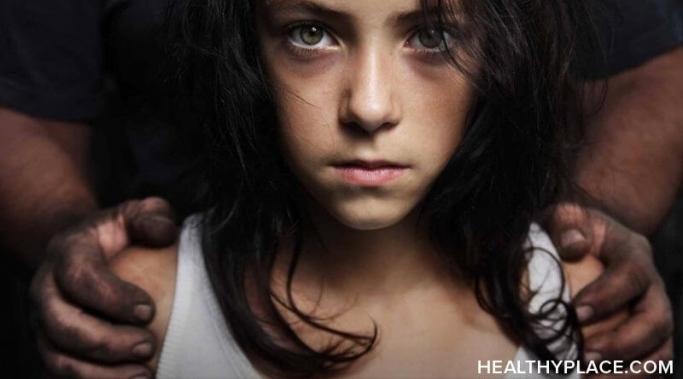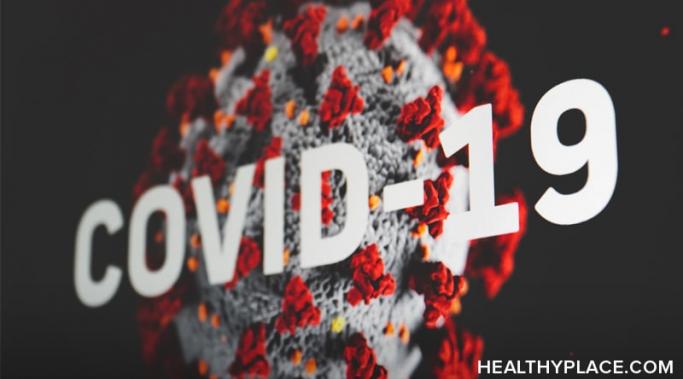Blogs
It was just your common cold--a slight sore throat, a slight cough, sniffles and no fever. I wouldn’t have paid it any mind if the coronavirus weren’t running rampant. My schizoaffective anxiety didn’t help the situation either, though, honestly, everyone was freaking out.
A panic attack or anxiety attack is an intense but short-lived experience of gripping anxiety. These attacks can be severe, causing a host of miserable symptoms. While the actual attack doesn't last long, typically peaking in about 10 minutes but sometimes lasting a bit longer, the effects can continue and make life after a panic attack or anxiety attack miserable and difficult. Knowing what to expect during and after a panic attack can help you minimize and shorten the recovery time and move forward more easily and positively.
While it has been proven that anyone—no matter their life circumstances—can suffer from an eating disorder, some people who experience acute trauma could be more vulnerable to this illness than others. So, I think it's important to raise awareness for the prevalence of eating disorders in human trafficking victims.
Have you heard about the power of saying "no?" It's an important lesson to learn as many of us are busier than ever. Both at work and in our personal lives, we juggle countless obligations, hoping to please everyone. However, when we agree to take on too many responsibilities, we end up spreading ourselves too thin. Instead of doing a few things well, we only achieve average results. Here, we're going to discuss the power of honing focus on just a few priorities. In order to focus, we have to appreciate the power of saying "no."
The forced isolation of the pandemic offers us a unique opportunity to focus on how to build self-esteem. Many of us are spending this time alone without the support that we have learned to rely on. This can be very intimidating as we are forced to do things for ourselves that we are not used to doing, but it can also be very freeing by allowing us to experiment and practice new skills without the world watching. It can be a perfect time for building self-esteem.
Looking for a job has never been easy, and job search depression is on the rise. Owing to the COVID-19 pandemic, it has now become all the more difficult to secure a stable job. As a freelance writer, uncertainty is something I am used to, even if it is on a smaller scale. Here are some of my tried and tested tips on how to handle the intense emotional rollercoaster known as the job hunt.
I wonder if the pandemic could help our mental health in the long-term, in spite of it harming our mental health in the short-term? I know that may sound counterintuitive, but it is a question I've been pondering. This is thanks to all the mental health awareness that's being spread right now. Will that awareness related to the pandemic, help our mental health in the long-term?
It took a while, but my anxiety led to binge eating disorder (BED). It happened insidiously because I've always had a complicated relationship with food. I love to think, talk about, cook, eat, and share food. At times, I have treated it as my enemy, and at others, I have turned to it for comfort. I've always been an emotional eater, and whether I'm celebrating or commiserating, there's food for every occasion.
Exercise can be a great tool to help you through eating disorder recovery, but my experience has shown me the thin, blurry line between healthy exercise and over-exercise in eating disorder recovery. In recent weeks, the COVID-19 pandemic and my mental health fall-out has revealed just how much of my self-worth has been wrapped up in my workouts. It was a sobering realization and one I vowed to change.
One of the most important tactics you can learn as a person living with dissociative identity disorder (DID) is journaling. Although it may seem like a relatively easy concept, many people take journaling for granted amidst the other options to manage the condition, such as meditation and exercise.









